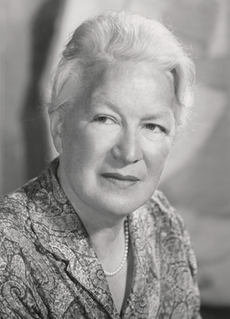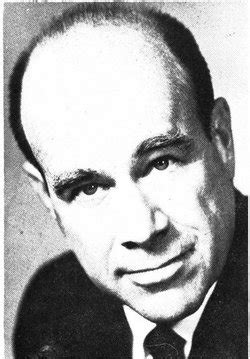A Quote by Claire Tomalin
Biographers use historians more than historians use biographers, although there can be two-way traffic - e.g., the ever-growing production of biographies of women is helping to change the general picture of the past presented by historians.
Related Quotes
Most academic historians accept that historians' own circumstances demand that they tell the story in a particular way, of course. While people wring their hands about 'revisionist' historians; on some level, the correction and amplification of various parts of the past is not 'revisionism' as it is simply the process of any historical writing.
Our American past always speaks to us with two voices: the voice of the past, and the voice of the present. We are always asking two quite different questions. Historians reading the words of John Winthrop usually ask, What did they mean to him? Citizens ask, What do they mean to us? Historians are trained to seek the original meaning; all of us want to know the present meaning.
I want my children to have access to something that looks beyond what I call the tyranny of now. You read the paper, everyone talks about that thing [in the news] that day, and all the subconscious really important stuff that's going on is being neglected. The beauty of history is that historians have the ability to find patterns, the big picture. When you make a movie, you try to find that. I'm doing in the cinema what historians try to do in their own media.
If physicists could not quote in the text, they would not feel that much was lost with respect to advancement of knowledge of the natural world. If historians could not quote, they would deem it a disastrous impediment to the communication of knowledge about the past. A luxury for physicists, quotation is a necessity for historians, indispensable to historiography.


































